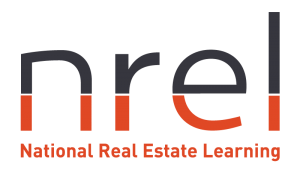Why you should become a real estate agent
An exciting career for those that have the drive to succeed
Being a real estate agent is a fantastic career. It’s exciting, fast paced and can be very rewarding. As an agent, you will play a critical role in the biggest decision of most peoples lives!
The great thing about a career in real estate is that it is accessible to anyone with a drive to succeed. Our students come from backgrounds ranging anywhere from school leaver to retiree. Our training courses also ensure that success is achievable for everyone who undertakes the course. By grading our courses based on competency rather than points; everyone can pass once they demonstrate their understanding of the content – regardless of how many attempts this might take!
Once your initial training is complete, you’ll be able to get right to work from day one! From the beginning, a real estate agent is in charge of their own success. The rewards generated from the persistence, hard work and determination of the agent are second to none.
As an agent, the variety of work you experience will always keep you interested and challenged. One day you could focus on handling tough negotiations while the next day could be focused fully on how best present your listings.
If this exciting and rewarding job sounds right for you, enrol with NREL to jump into your real estate career today!

